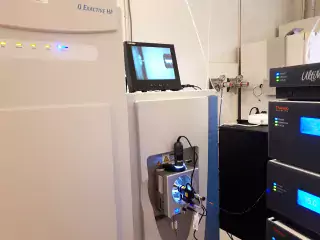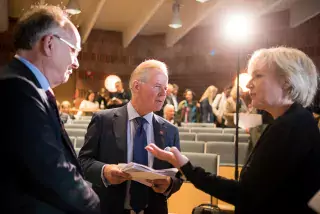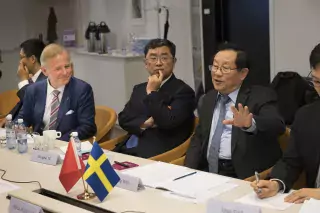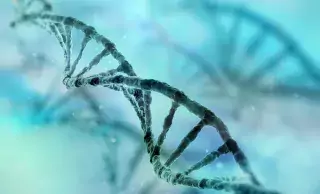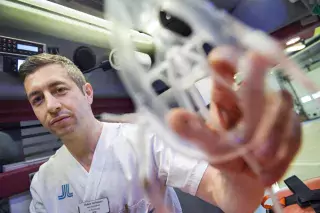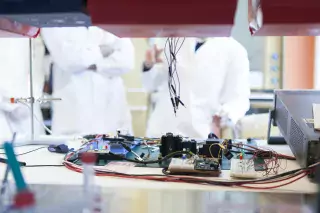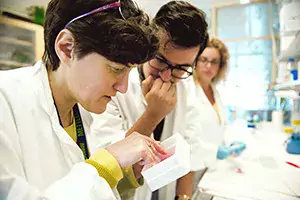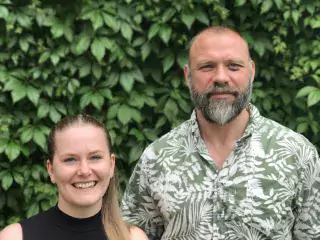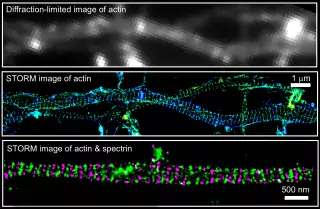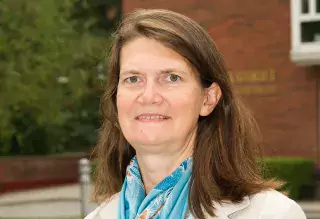News archive
On this page you can search for older news. Choose a topic, type of news or enter your own keyword to filter out news.
View compact
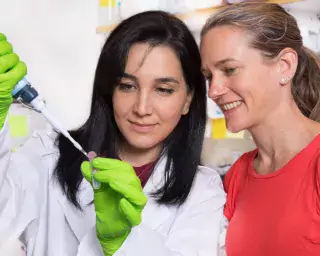
By reprogramming skin cells into nerve cells, researchers at Karolinska Institutet are creating cell models of the human brain. In a new study published in Molecular Psychiatry the researchers describe how cells from patients with the severe developmental disease lissencephaly differ from healthy cells. The method can provide vital new knowledge on difficult-to-study congenital diseases.
News

Is it less wrong to avoid tax if everyone else is doing it? A new study from Karolinska Institutet demonstrates that our view of what is morally right or wrong is shaped by how widespread a particular behaviour is. The results, which are presented in the Journal of Experimental Psychology: General, can improve our understanding of the psychological mechanisms behind attitudinal change in society.
News
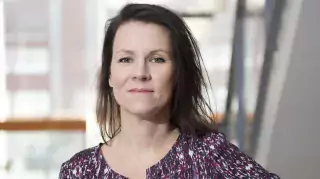
This year, the Knut and Alice Wallenberg Foundation (KAW), one of Sweden’s largest funders of research, celebrates 100 years. Festivities include a joint jubilee symposium arranged by KI, KTH and the University of Stockholm in the Aula Magna on 15 September. One of the invited speakers is KI researcher Marie Carlén.
News
In contrast to what has been previously believed, development of blood stem cells to mast cells, a type of specialised immune cell, does not depend on a growth factor called stem cell factor. This has been demonstrated in a new collaborative study by researchers at Karolinska Institutet and Uppsala University, and published in the scientific journal Blood. The results could pave the way for new treatments for certain types of blood diseases.
News
Obesity and reduced insulin sensitivity are common in polycystic ovary syndrome, PCOS. New research based on animal studies, and to be published in the journal PNAS, reveals that the hormone adiponectin can protect against these changes.
News
The dynamics among certain so-called G protein-coupled receptors, of vital importance for the function of cells in the body, are different than previously believed. This has been reported by researchers from Karolinska Institutet in the journal Nature Communications. As these types of receptors are the target for many different medicines, the new finding opens the doors to completely new opportunities within pharmacology and pharmaceutical development.
News
Infections in surgically implanted heart valves are more common in patients who have been given a biological prosthetic valve than in those with a mechanical one, a study from Karolinska Institutet published today in the journal Circulation shows.
News
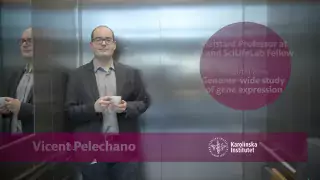
SciLife Lab fellow and MTC Assistant Professor Vicente Pelechano is featured in "medarbetarporträtt" this month - a video interview outlining his research at Karolinska Institutet and SciLife.
News
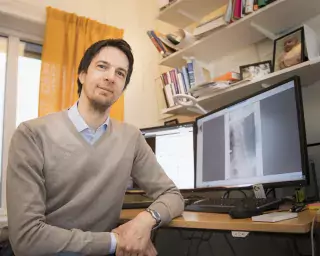
Many jobs, medical and otherwise, might one day be performed using artificial intelligence. According to a new study in Acta Orthopaedica by researchers at Karolinska Institutet in collaboration with the Royal Institute of Technology and Danderyd Hospital in Sweden, self-learning programmes can already find fractures with the same accuracy as orthopaedists.
News

Acupuncture has no effect on involuntary childlessness caused by polycystic ovary syndrome (PCOS), the most effective treatment for PCOS being the drug chlomiphene, a joint international study conducted at Heilongjiang University of Chinese Medicine, China, reports. The study, which involved the participation of researchers at Karolinska Institutet, is published in JAMA.
News
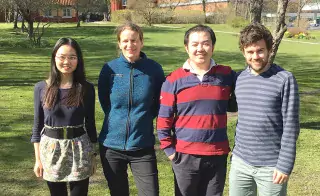
A high percentage of KIF1Bβ means a greater chance of the tumour spontaneously regressing and disappearing. These are the results of a study by Karolinska Institutet (KI) and the Ludwig Institute for Cancer Research Ltd. The study is to be published in the scientific journal Genes and Development.
News

